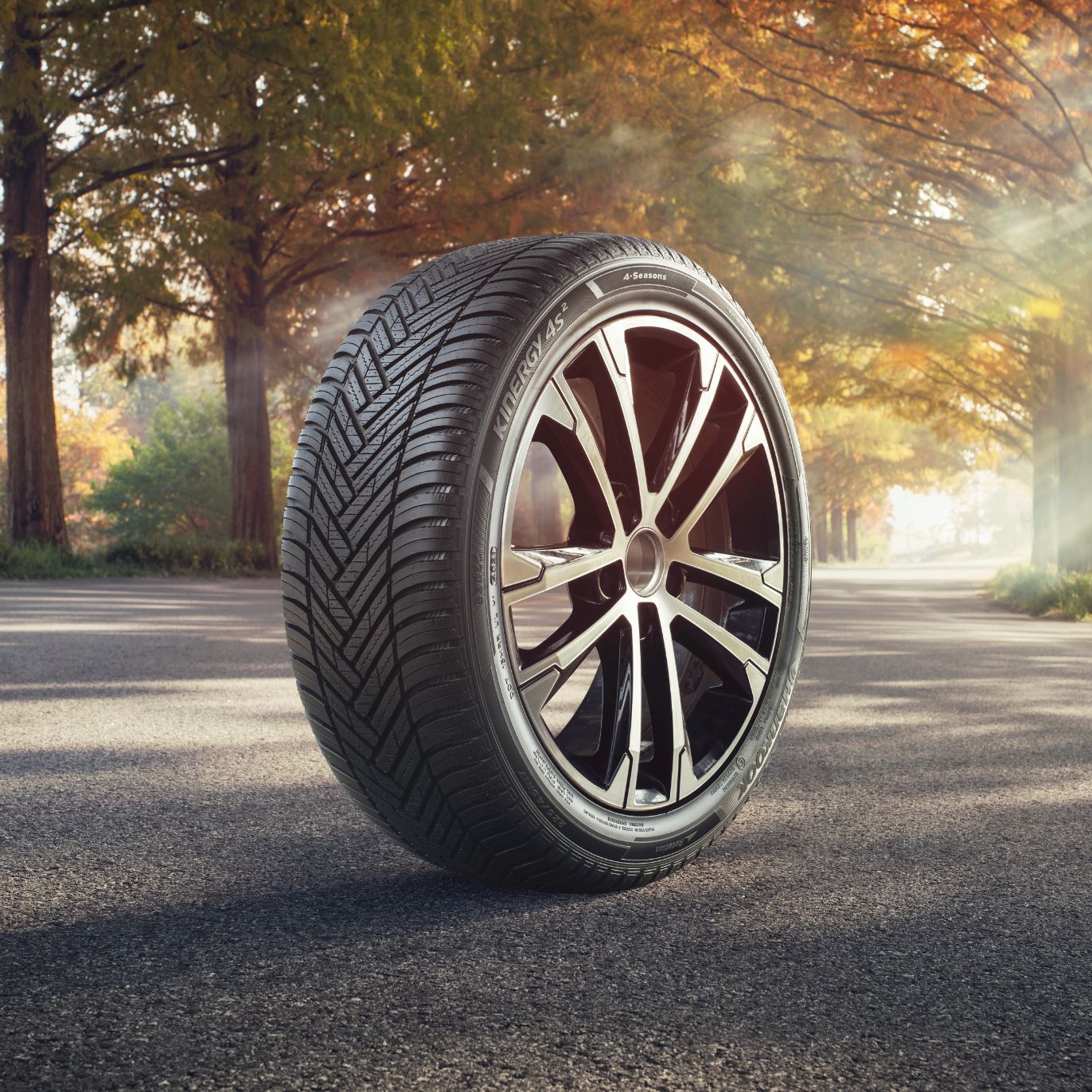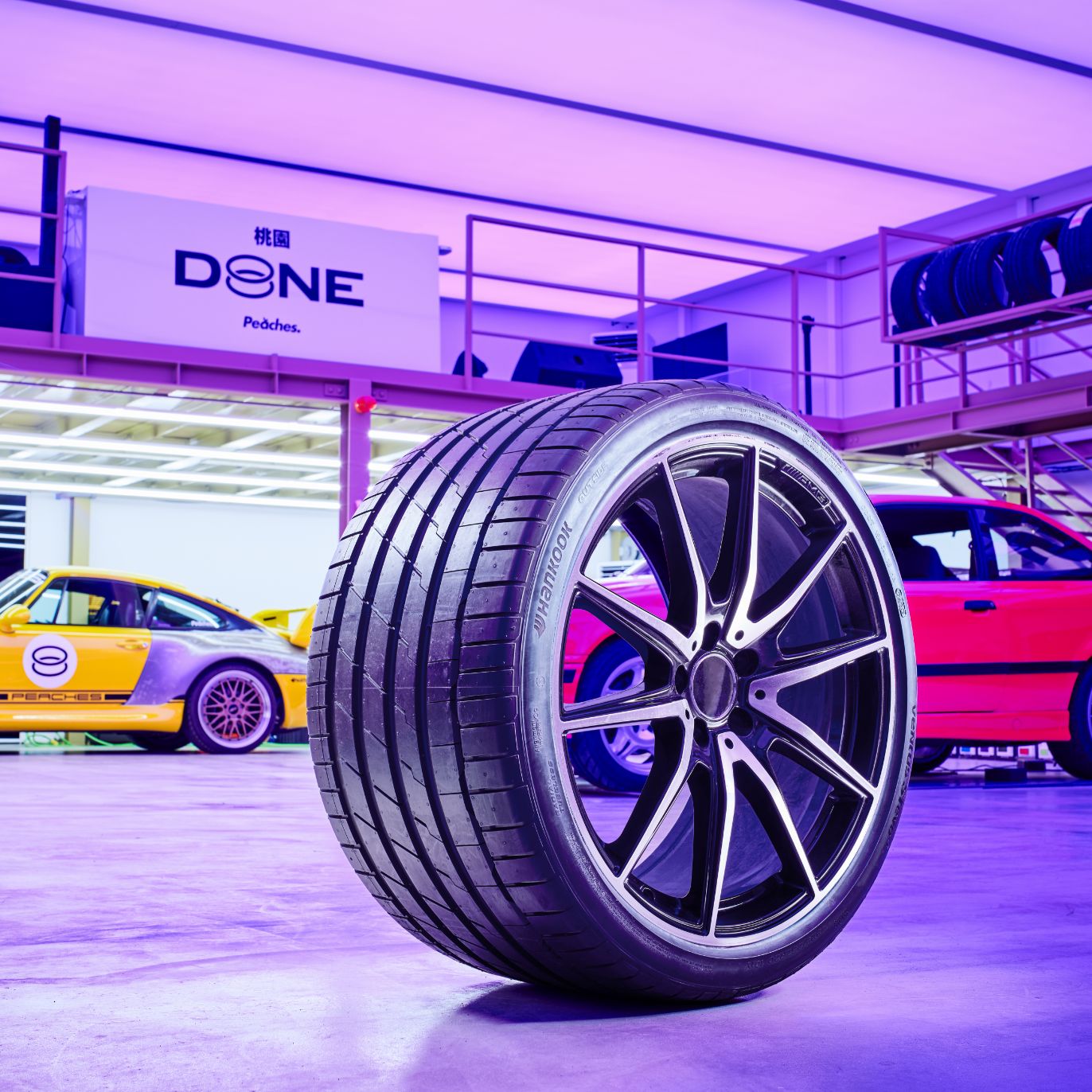Hankook Tire becomes the first company among tire manufactures to receive the ISCC PLUS Certification
We live in a world where conscious or ethical consumerism directly benefits companies. The certification awarded after a rigorous evaluation acquires the customers' minds and gains a share of their wallets. Greensumers, value consumers who want to select eco-friendly products, pay attention to the details of the raw materials in a product, including the eco-friendliness of the material, origin, and reliability, when making purchase decisions.
ISCC PLUS, a standard for ethical consumerism, is an international sustainability certification program for bio-based and circular (recycled) raw materials under the European Renewable Energy Directives (EU RED). European consumers generally have a higher appetite for ethical consumption, hence the higher recognition and trust in ISCC certifications. The certification can only be awarded after proving the eco-friendliness of the entire process, including using eco-friendly and recyclable materials, requiring the stringent regulations of carbon emissions during production, and encouraging the recycling of the final product.















